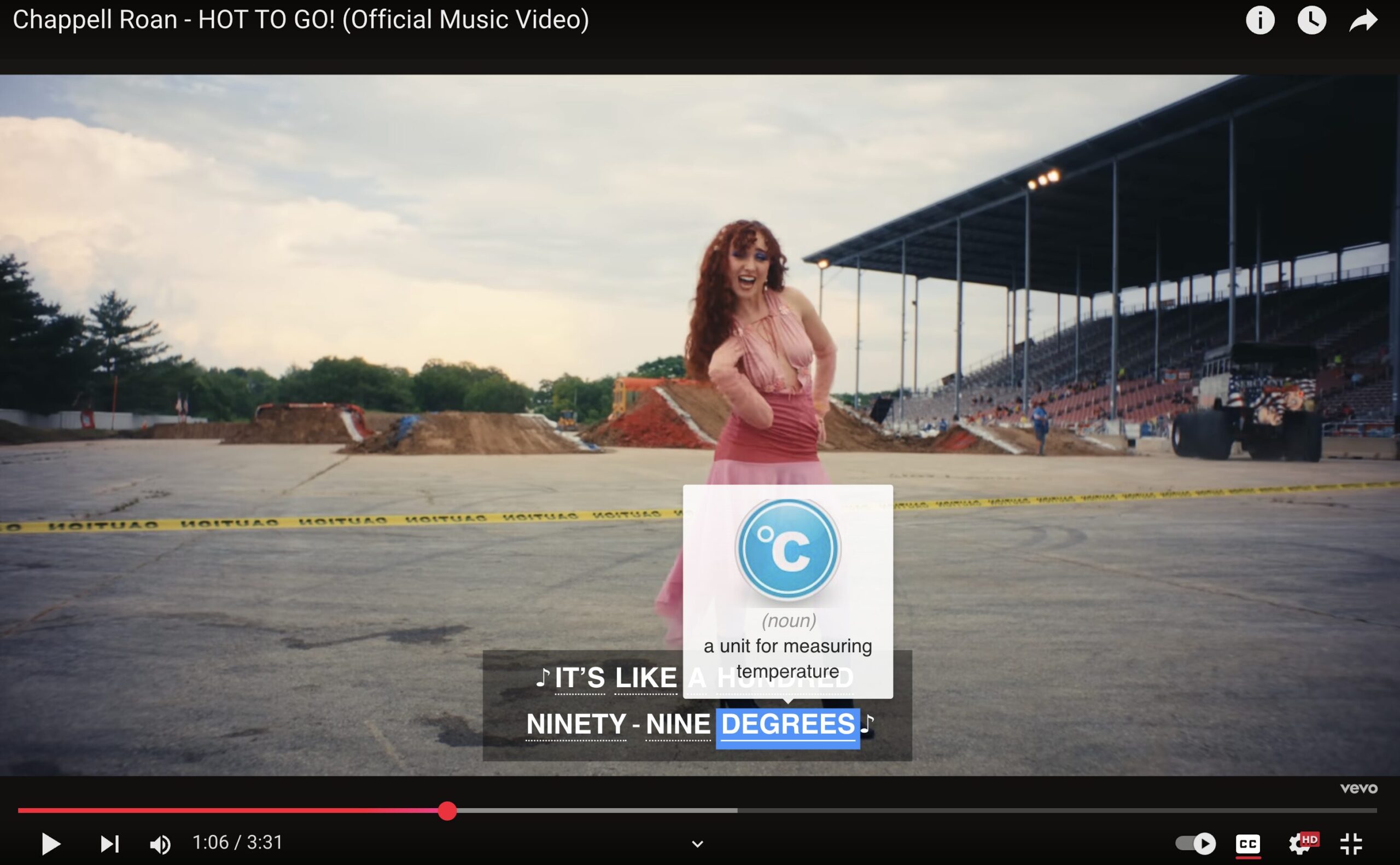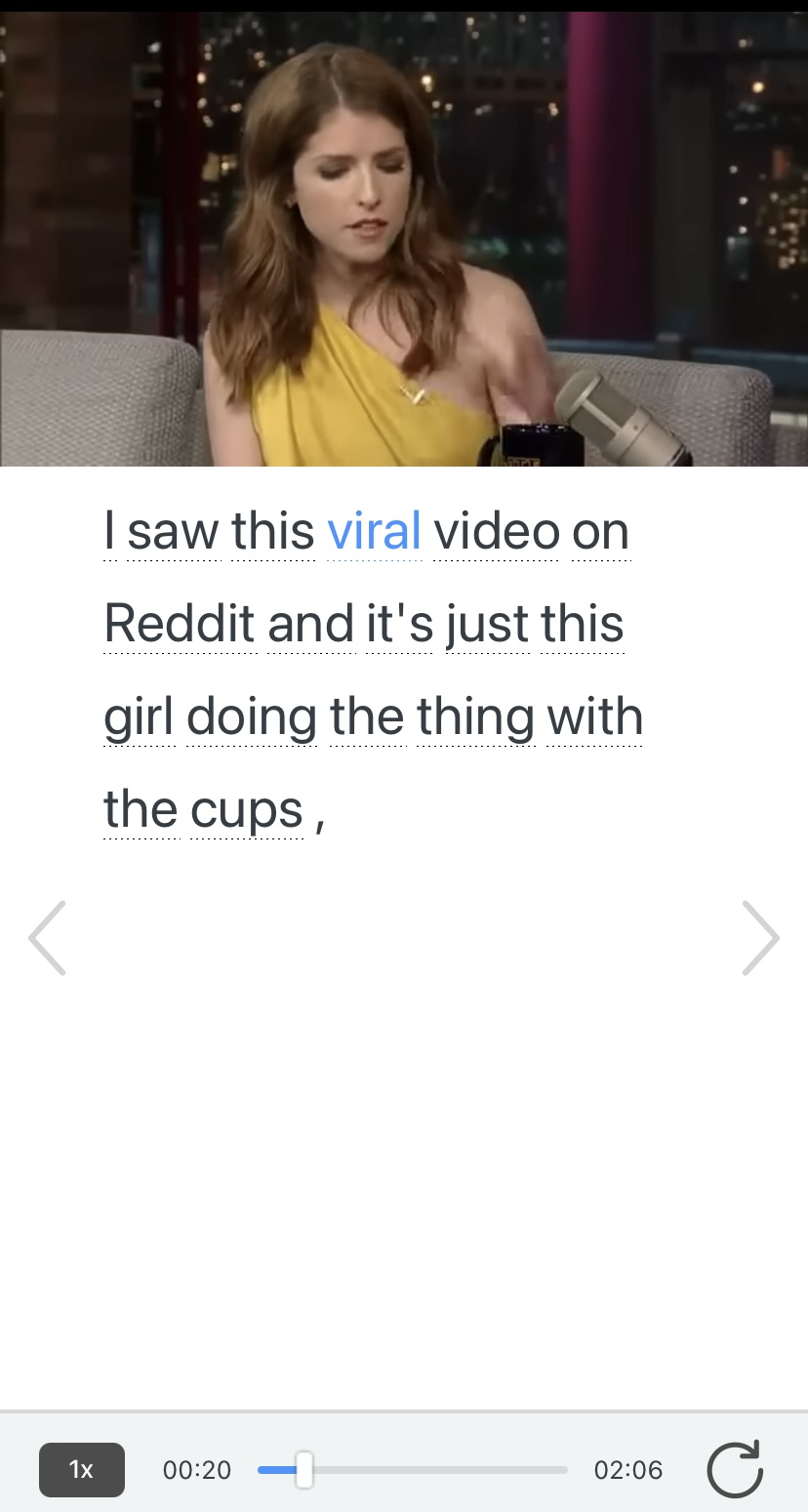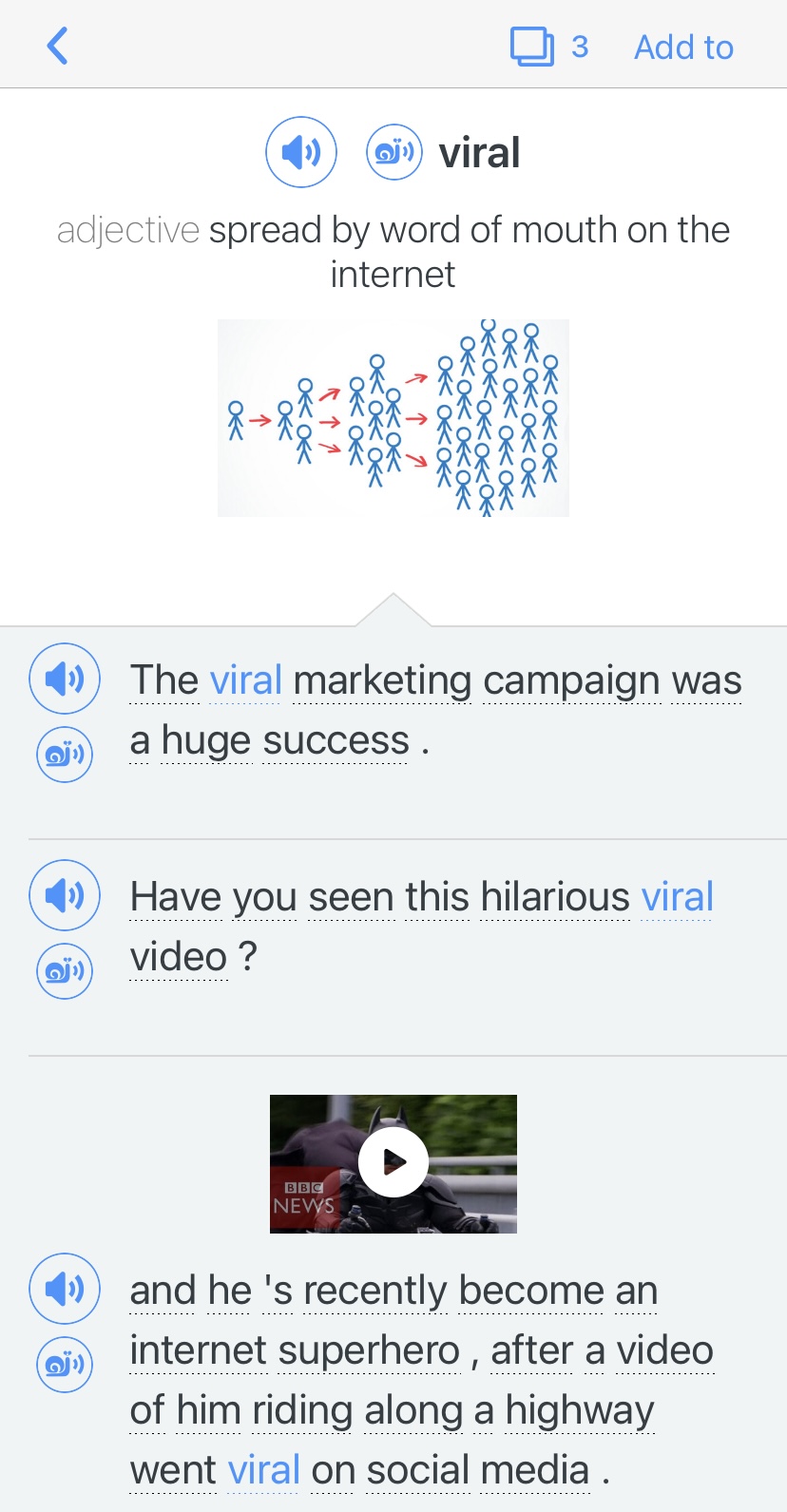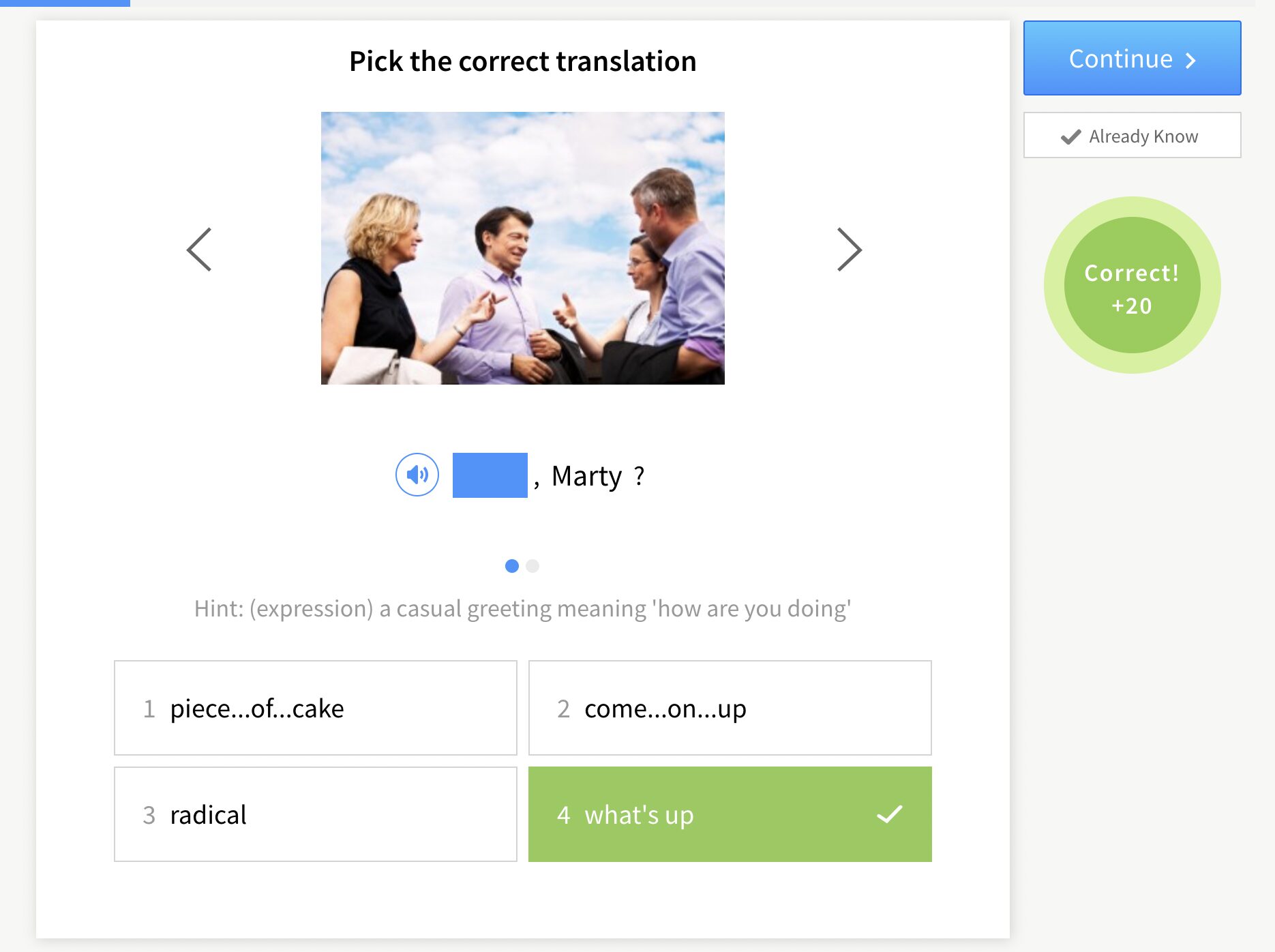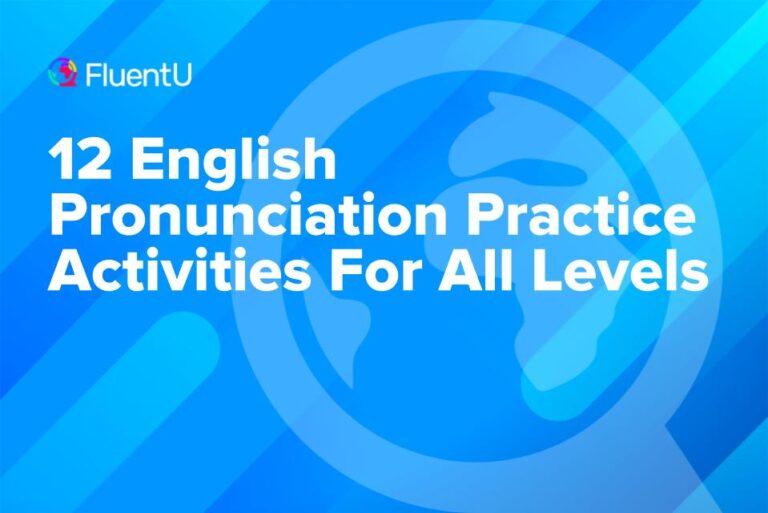Differences Between American vs. British English
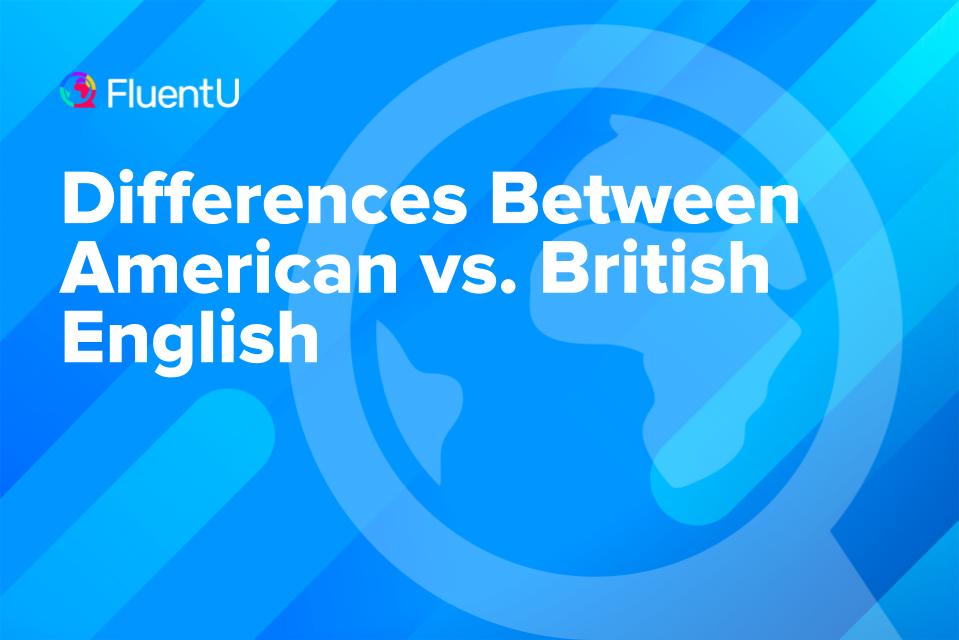
My students often ask me about how to tell American and British English apart. Well, the differences in American and British English mainly lie in pronunciation, grammar, spelling and vocabulary.
For example, the American accent in California will be somewhat different from the one used in New York, and similarly, a Cockney accent will not sound the same as a Yorkshire accent in spoken British English.
In this article, we’re going to concentrate on the general differences between British and American English.
Download: This blog post is available as a convenient and portable PDF that you can take anywhere. Click here to get a copy. (Download)
American vs British English Pronunciation Differences
The most obvious difference between American and British English (at least, in the spoken version) would have to be the pronunciation.
Below are the general differences between the two. As mentioned earlier, there can be even more differences depending on the subdialect.
The “r” at the end of many words
In general, if there’s a letter “r” at the end of a word, it’s usually pronounced in American English. In most dialects of British English, it’s not pronounced.
Compare these words, for example:
| American English | British English |
|---|---|
| computer | computer |
| clever | clever |
| brother | brother |
However, most dialects will generally pronounce r’s at the beginning of a word, like in:
| American English | British English |
|---|---|
| red | red |
| Ryan | Ryan |
The “r” in the middle of many words
Similarly, the r’s in the middle of a word are often noticeably softer and harder to hear in British English. In American English, they’re a bit clearer.
Some examples include:
| American English | British English |
|---|---|
| large | large |
| work | work |
| park | park |
| turn | turn |
Note that the “r” sound in the middle of some words will always be pronounced, no matter the dialect! This is the case in words like:
| American English | British English |
|---|---|
| barrier | barrier |
| parent | parent |
The letter “t” as a double consonant
Another common characteristic of American English is two t’s in a row sounding more like a “d.”
In British English, this is less common, and the t’s are usually more clearly pronounced.
Check these out:
| American English | British English |
|---|---|
| bitter | bitter |
| litter | litter |
| better | better |
| butter | butter |
The letter “t” after the letter “n”
Another time when American English speakers don’t pronounce t’s is when the “t” follows the letter “n.”
For example, a British person would say international , while an American would say international .
Notice how the first “t” is pronounced in the British version, while the American version sounds more like “innernational.”
This difference is even more obvious in casual speech. If Americans are speaking formally, they might pronounce the t’s more clearly.
The letter “a” in general
Many vowels also sound different, but the most common difference between American and British English is with the letter “a” in some words.
For example, there’s a phonetic sound [æ] that’s basically an “a” and an “e” combined into one letter. This sound is more common in American English than British English.
Listen to these words and hear the differences for yourself:
| American English | British English |
|---|---|
| dance | dance |
| after | after |
| mathematics | mathematics |
Grammar Differences Between American and British English
In general, there aren’t many grammar differences between American and British English. These differences are subtle, though, so if you want to become fluent in either dialect, it’s important that you master the little things that set the two apart.
Have — have got — got
In general British English conversation, they use the verb phrase “have got,” but American English simply uses “have.”
| American English | British English |
|---|---|
| I have a car. | I have got a car. |
This makes the question formats differ, as well.
| American English | British English |
|---|---|
| Do you have a car? | Have you got a car? |
There’s also a strong tendency in American English to say “I got” to mean “I have.” Generally this is not considered correct grammar. This probably comes from quickly saying “I’ve got,” and not clearly pronouncing the “‘ve” part.
So, it becomes “I got,” like in the phrase “I got a car.” For an American English speaker, this could mean that “I have a car right now” or “I got a car sometime in the past.”
Got — gotten
Most past tense verbs are the same in British and American English, but there are a few exceptions. The most common exception is the past participle of the verb “to get.”
In American English, the past participle of “to get” is usually “gotten.” In British English, it’s “got.”
| American English | British English |
|---|---|
| get
got gotten | get
got got |
So, let’s imagine that your coworker Tony called you earlier in the day. Now, imagine your boss asks you, “Hey, has Tony called you yet today?” This is how the two responses would look:
The verb “to forget” has a similar difference, as you can see here:
| American English | British English |
|---|---|
| forget
forgot forgotten | forget
forgot forgot |
Past tense verbs ending in “-t” and “-ed”
For regular verbs, you form the simple past and past participle forms by adding an “-ed” to the end of the word. Some common examples are:
This is generally true in both American and British English. However, there are some regular verbs in British English that form the past tenses by adding “-t” instead of “-ed.” For example:
| Verb | American English | British English |
|---|---|---|
| burn | burned | burnt |
| dream | dreamed | dreamt |
| learn | learned | learnt |
Note that in British English, there are usually two options. For example, you could say “burnt” or “burned” in British English, but “burnt” is more common.
In American English, you only use the “-ed” past tense form for these verbs.
Prepositions
As a quick reminder, a preposition is a word that shows the relationship between two nouns. Prepositions can be words like “at,” “in,” “under,” “on,” etc.
Prepositions can be different in British and American English. There are many more examples, but a few common ones include:
| American English | British English |
|---|---|
| on the weekend | at the weekend |
| different from | different to |
| wait in line | wait on line |
| Monday through Saturday | Monday to Saturday |
Aside from the above, you can find many more examples of grammatical differences by listening to media from Britain and America. Use the FluentU program to make the most of your studies, since it gives you the transcript and definitions right in the video as you watch.
FluentU takes authentic videos—like music videos, movie trailers, news and inspiring talks—and turns them into personalized language learning lessons.
You can try FluentU for free for 2 weeks. Check out the website or download the iOS app or Android app.
P.S. Click here to take advantage of our current sale! (Expires at the end of this month.)

How to Spell in American English vs. British English
Spelling of “-our” vs “-or”
A few words are spelled “-our” (with a “u”) in British English, while in American English, the “u” is omitted.
| American English | British English |
|---|---|
| color | colour |
| flavor | flavour |
| favor | favour |
| favorite | favourite |
| neighbor | neighbour |
Spelling of “-ise” vs “-ize”
Likewise, some words that are usually spelled with an “-ise” in British English would be spelled with an “-ize” in American English instead.
| American English | British English |
|---|---|
| organize | organise |
| realize | realise |
| recognize | recognise |
| sympathize | sympathise |
| optimize | optimise |
Single vs. double consonants
Some words in British English have two consonants in a row, but the same words in American English only have one consonant.
This is often the case with the letter “l.” In British English, two are often used, while there’s only one in American English.
| American English | British English |
|---|---|
| traveled | travelled |
| canceled | cancelled |
| modeled | modelled |
| labeled | labelled |
| signaled | signalled |
How American and British Vocabulary Differ
Vocabulary is the area that arguably causes the most confusion between English speakers of different dialects.
I want to focus on the 33 most common ones I’ve noticed in my personal experience as an English teacher and English speaker.
If you’re learning American English but are planning a visit to the United Kingdom (or vice-versa), these are some of the differences you’re most likely to notice.
| American English | British English | Definitions |
|---|---|---|
| airplane | aeroplane | an aircraft or flying mode of transportation |
| cookie
| biscuit | a sweet baked dessert made out of flour and sugar |
| drugstore
pharmacy | chemist | a place where you can buy medicine or other small household items |
| French fries
fries | chips | long pieces of fried potatoes |
| chips | crisps | fried potatoes, but much smaller, thinner and rounder |
| trash can
garbage can | dustbin | a container where you can put your garbage, trash or waste |
| movie theater | cinema | a place where you can watch movies in public |
| movie | film | moving images on a screen that tell a story |
| soda
pop | fizzy drink | carbonated drinks that are usually sweet |
| apartment | flat | a small rented home in a larger building |
| soccer | football | a sport in which two teams use their feet to score goals with a ball |
| vacation | holiday | a trip to a different place as a break from school or work |
| sweater
sweatshirt | jumper | a piece of clothing with long sleeves that you wear on the top of your body |
| elevator | lift | a machine that takes you from one floor of a building to another |
| truck
| lorry | a large vehicle that can carry cargo |
| math | maths | abbreviation for "mathematics" |
| cell phone | mobile phone | a small portable phone |
| diaper | nappy | a thing babies wear so they don't poop and pee all over the place |
| underwear
panties | pants | a piece of clothing for your private area |
| pants | trousers | a piece of clothing that covers your legs |
| sidewalk | pavement | a place where people can walk, between the street and the buildings |
| gasoline | petrol | fuel that most cars use |
| post | letters that are hand-delivered | |
| stroller | pram | a small chair on wheels that you push around to transport a baby |
| line | queue | a group of people that form a line to wait for a service or to enter a place |
| to call | to ring | to use the telephone to contact someone |
| eraser | rubber | a small object that you rub on paper to remove pencil marks or mistakes |
| candy | sweets | treats made out of sugar |
| bathroom
(private) restroom (public) | toilet
(general) loo (informal) | a room where you do your "private business" |
| sneakers
tennis shoes | trainers | athletic shoes |
| the subway | the Underground
the Tube (London) | the transportation system of trains in underground tunnels |
| closet | wardrobe | a large piece of furniture where you can store your hanging clothes |
| z ("zee") | z ("zed") | the last letter of the English alphabet |
So there you go! I hope that you learned something new or picked up an interesting tidbit or two from this post.
All the best in your English lessons and travels!
Download: This blog post is available as a convenient and portable PDF that you can take anywhere. Click here to get a copy. (Download)
And One More Thing…
If you’re like me and prefer learning English on your own time, from the comfort of your smart device, I’ve got something you’ll love.
With FluentU’s Chrome Extension, you can turn any YouTube or Netflix video with subtitles into an interactive language lesson. That means you can learn from real-world content, just as native English speakers actually speak.
You can even import your favorite YouTube videos into your FluentU account. If you’re not sure where to start, check out our curated library of videos that are handpicked for beginners and intermediate learners, as you can see here:
FluentU brings native English videos within reach. With interactive captions, you can hover over any word to see an image, definition, and pronunciation.
Just click on the word to see other example sentences and videos where the word is used in different contexts. Plus, you can add it to your flashcards! For example, if I tap on the word "viral," this is what pops up:
Want to make sure you really remember what you've learned? We’ve got you covered. Practice and reinforce the vocab from each video with learn mode. Swipe to see more examples of the word you’re learning, and play mini-games with our dynamic flashcards.
The best part? FluentU tracks everything you’re learning and uses that to create a personalized experience just for you. You’ll get extra practice with tricky words and even be reminded when it’s time to review—so nothing slips through the cracks.
Start using the FluentU website on your computer or tablet or, better yet, download our from the App Store or Google Play.
Click here to take advantage of our current sale! (Expires at the end of this month.)
